Five important innovations in teaching methods
The conditions of teaching, and the technology that we use, have changed. So why should we continue to teach the same way that we did 10 years ago? Of course we shouldn't! The best educational institutions in the world are changing their approach to education and are beginning to apply new methodologies.
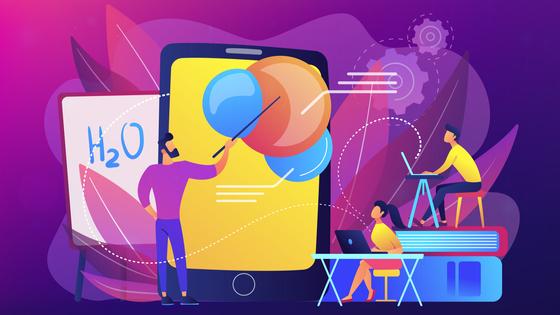
The emergence of new methods in education is often associated with innovation: new technologies allow us to optimize the learning process. For example, they provide an opportunity to attend a lecture and see the teacher via a live video feed. However, technology is not the only factor driving the adoption of new teaching methods. They are predetermined by our life - its pace, conditions, and needs. Just look at how we are building careers and dealing with crises today - we also do things now in a completely different way than we did ten years ago. This means that our education must change too. Everything is interconnected!
However, this does not mean that you should completely abandon the old methods. For example, training in small teams will never lose its relevance. Working together on a project really helps students develop soft skills such as communication or team management skills. But not all of the old methods will be able to help us adapt to our new reality. So they must be supplemented with new ones. Which ones exactly?
Modular training

The modern world is changing very quickly and we can no longer spend months (or even years) to learn just one skill or master just one profession. We must learn quickly and learn what the labor market needs right now. In modular training, the educational program is divided into autonomous parts, or modules. These modules can be easily combined and modified as needed.
There are often modules in training programs that allow you to develop not only specific skills necessary for solving specific problems, but also personal ones. For example, critical thinking. Without critical thinking it is difficult to cope with the huge flow of information that a modern person needs to survive. This is would be a good time to talk about the second teaching method.
Developing critical thinking
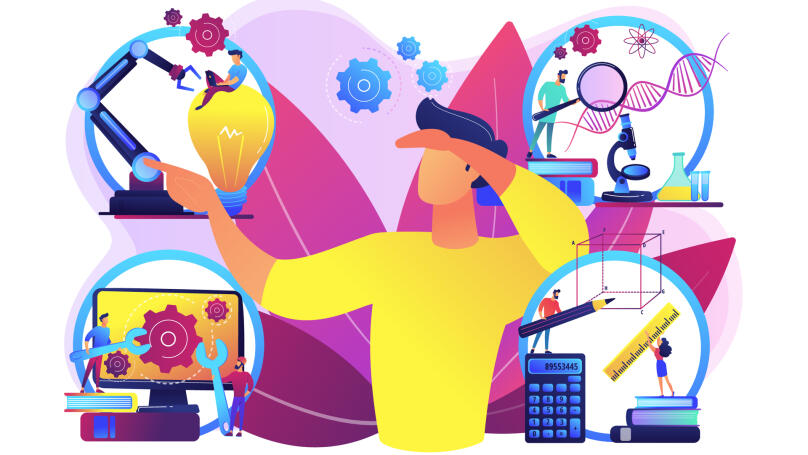
Critical thinking is our ability to think systematically and to see the big picture. It helps us see the relationship between these facts, even when they seem to contradict each other. Here is an everyday example of critical thinking: we understand that someone is lying to us when we see inconsistencies in their story; there is a contradiction between facts. A critical approach to teaching is when teachers give students topics that don't have only one correct answer. Students themselves must test it, understand it, and find out what is right and what is not. This stimulates additional interest in learning, because students do not receive ready-made "packaged" knowledge, but instead they independently explore the topic.
Critical thinking allows you to get the big picture by looking at individual pieces. But at work or in life, we are always faced with a specific situation that needs to be addressed. The case-study method helps develop the necessary problem solving skills to do this.
Case-study or analysis of case studies
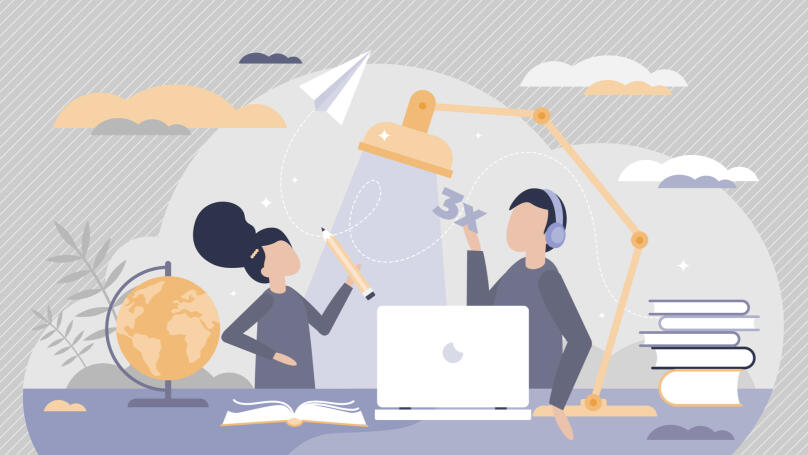
Employers often complain that students are completely unprepared for work after attending university; they do not know how to solve professional problems and cope with difficult situations. After all, this can only be learned by experience. But it doesn't have to be your own - you can use someone else's case. A case is an example from working practice. Typically, a case is one of four types:
- a problem situation - where the student needs to solve a problem on his own
- an assessment situation - where the student needs to assess how correct decisions were made and propose a better solution, if possible
- an illustrative situation - where the student needs to analyze and explain it
- a pre-emptive situation - where decisions have already been made. The student just needs to analyze and familiarize themselves with them
Modern education is tied to practicing as much as possible, because we easily forget those skills that we do not train. And why waste precious time learning things that you will forget and that you don't need? There is another method that also allows you to practice doing everything that the student learns in the course - it is called problem learning.
Lectera’s Online Courses by topic
Problem learning
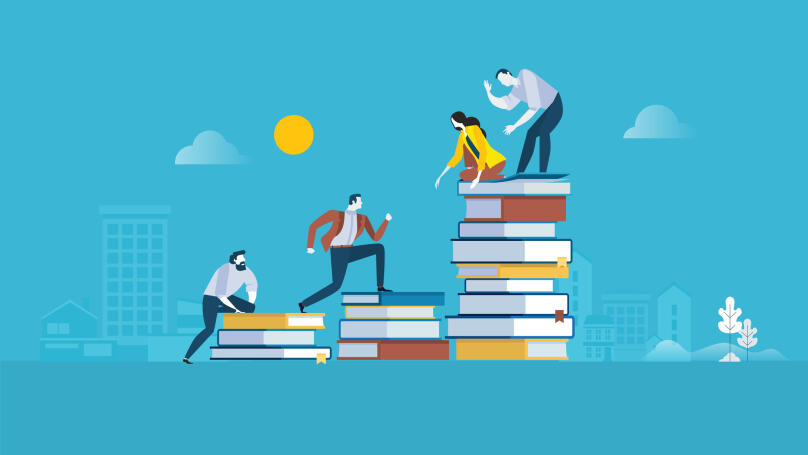
Problem learning is in many ways similar to a case study: students face problems that may arise in the course of their work. For a case-study, such situations are taken from real practice. And for problem-based learning, the teacher comes up with a situation himself. This requires a lot of experience and good knowledge of the material so that the situation invented by the teacher intersects with practice. The simulated situation has an important advantage over a real case: the teacher can change the problem so that it is not too difficult, but also not too easy for the students.
When students practice solving the problems they will face at work, it helps them better absorb the material and turn common knowledge into a useful skill that can be used in life. Learning though games is a form of learning that also allows you to immerse yourself in the situation and remember it better.
Role-playing and business games
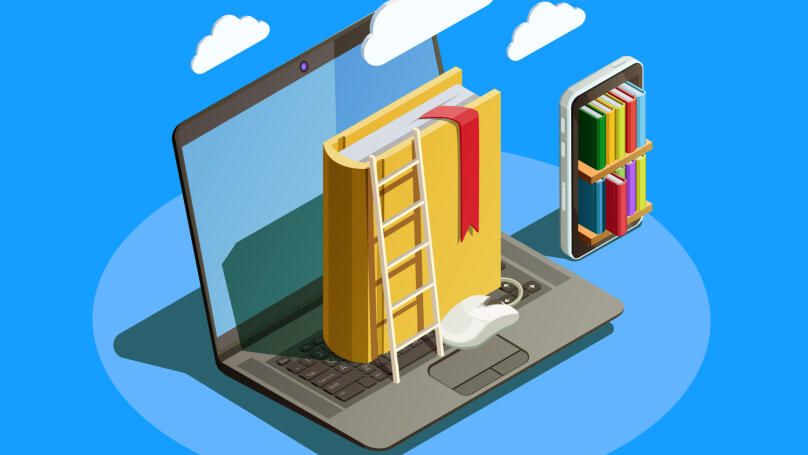
The teacher poses a problem, divides students into groups, assigns roles to each group, and students assign roles within the team. Each participant in the game acts within the framework of the role that he was given. In a business game, in contrast to a role-playing game, the participants must act more thoughtfully; not only to solve the problem, but also to adhere to the dress code and business etiquette. Games allow you to simulate a situation that people will face in the future and practice their actions in response.
When choosing teaching methods, the most important thing is to teach students how to adapt to the modern world and build their careers as efficiently as possible. These methods that have recently come to the fore may have been used in the past, but certainly not in the same way as they are being used now. They are definitely worth a try!
Share this with your friends via:
Latest News

In the UK, £23 million has been allocated for the expansion of the EdTech Testbed program — pilots of educational technologies in schools and colleges.

In the US, Tuskegee University announced the launch of Tuskegee University Global Campus (TUGC) — a new online platform for distance learning.

A significant stage in the development of the alternative education system has begun in West Northamptonshire in the UK: the County Council is actively calling on parents, guardians, and trustees to participate in shaping the future of this key area.

Outwoods Primary School in Atherstone, Warwickshire, having experienced deep sadness after the loss of their famous cat, Silla, has found solace in a new pet – a Maine Coon named Aloysius O’Hara.

In modern universities, artificial intelligence, and in particular ChatGPT, is rapidly transforming from a controversial tool into a full-fledged student assistant.












 £23 million allocated for the expansion of EdTech Testbed in the UK
£23 million allocated for the expansion of EdTech Testbed in the UK
 Tuskegee University launches Global Campus — a new online platform
Tuskegee University launches Global Campus — a new online platform
 Test: How Psychologically Mature Are You? Check Your Inner Foundation.
Test: How Psychologically Mature Are You? Check Your Inner Foundation.
 Test. Check Your Social Media Dependency Level!
Test. Check Your Social Media Dependency Level!
 Test: What Business is Right For You?
Test: What Business is Right For You?
 Test: How Prone Are You to Abusive Behavior as a Manager?
Test: How Prone Are You to Abusive Behavior as a Manager?
